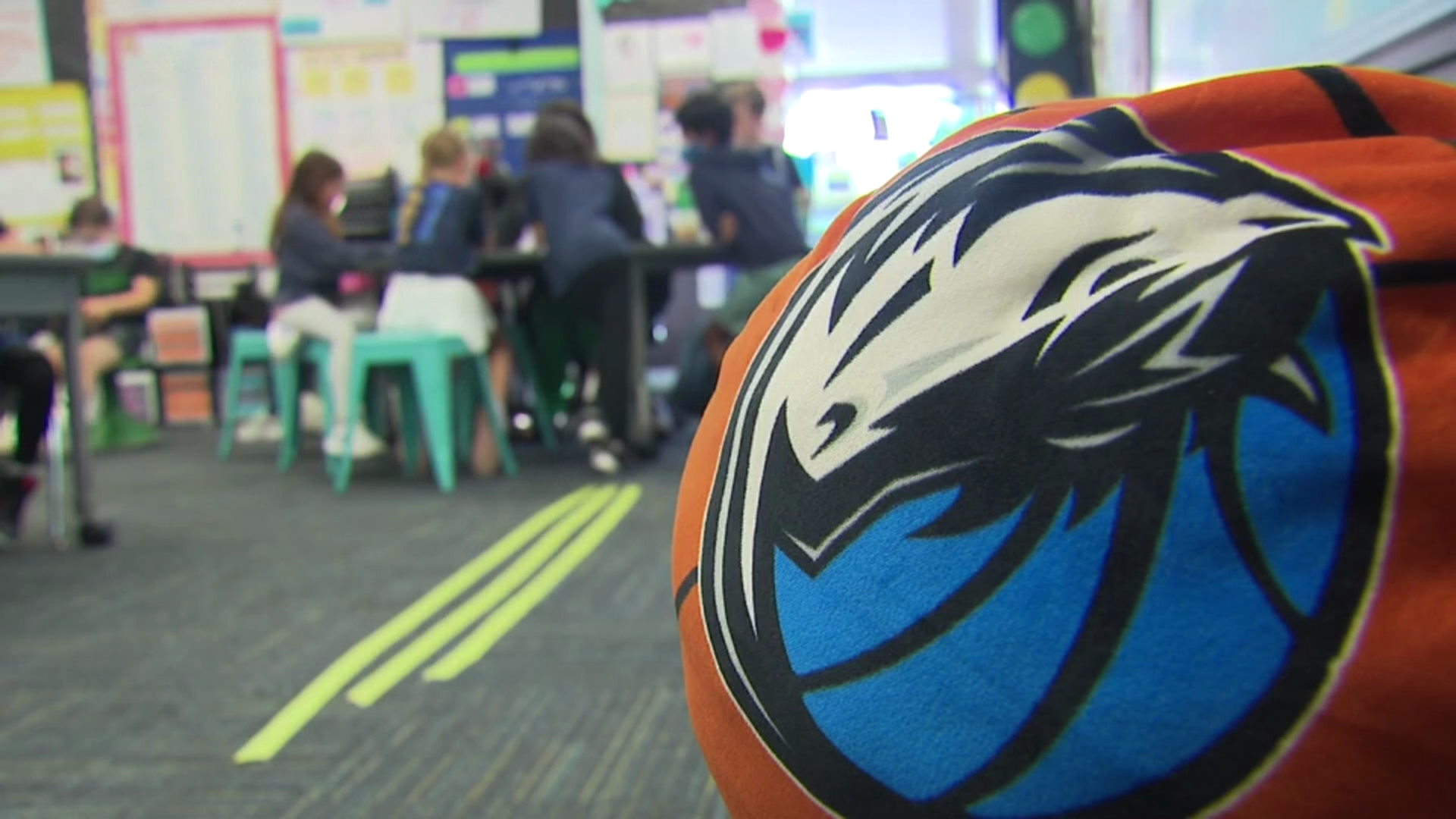The Dallas Area Rapid Transit agency promises bus improvements as a pair of Dallas City Council members pursue DART sales tax money to solve a public safety pension crisis.
Councilmen Scott Griggs and Phillip Kingston want $36 million a year in DART revenue diverted to the troubled Police and Fire Pension fund. The plan would require changes in state law and voter approval in November.
DART is frequently a target of criticism from city leaders and riders over poor bus service.
Passenger Lillie Colbert said she uses two DART bus routes and a rail segment to make her daily commute. The distance is only about 6 miles, perhaps 15 minutes by car. But the transit rider, who does not have a car, spends up to an hour each way making the trip on DART.
“If the buses would coordinate with other buses or with trains so you can just get off one, wait 5 or 10 minutes, and get to your next commute, it would be a lot easier,” Colbert said. “But that’s not the case.”
Passenger Susan Mahoney uses a wheelchair, which adds an extra challenge on public transportation. She moved downtown where DART trains are a better option for her wheelchair. Sometimes she needs to use a bus to reach medical appointments.
“The buses are difficult, though, because not all of their stops are accessible. Getting onto them, sometimes the ramps don’t work,” Mahoney said. “It’s usually about 20 or 30 stops before I get to my destination, so I spend most of my time on the bus.”
Local
The latest news from around North Texas.
DART Spokesman Mark Ball said the agency is pushing hard to accomplish what was to be a 10-year bus improvement plan in just four years. He said it is already two years into the plan.
Smaller buses that can go more places have been added to the DART fleet, along with compressed natural gas powered vehicles that cost less to operate.
A schedule revision takes effect this week.
“And then there will be another one in August,” Ball said. “So, what you’re going to be seeing in the very near future is service changes predominately for the employment centers, as well as, the population centers.”
Housing patterns are changing in Dallas and many other big cities, presenting a big challenge for public transit. New upscale homes are replacing older inner-city neighborhoods where transit users once lived closer to jobs clustered in the downtown area.
“And those populations are being pushed out to the edges of our service area. So, it is true that there is an issue with transit at the edges of DART service areas,” Ball said. “And we’re seeing nationwide that commuters are having much longer commutes.”
At the same time, a huge new wave of North Texas jobs is going to northwest Plano and the Legacy area around the North Dallas Tollway and Sam Rayburn Tollway where there is no rail transit.
Some revisions this week are intended to improve bus service to employment destinations in Plano and northwest Dallas.
Dallas newcomer Roy Rowden recently moved from upstate New York. He said DART bus service is very good. He likes the fact that he can call for information about route schedules.
“You can’t get a bus everywhere,” he said. “Sometimes buses just don’t go to certain spots. You got to make do.”
Passenger Susan Mahoney relies on DART, but still supports sharing some of the money for the police pension crisis.
“The money needs to go back to the police department. I’m for that,” she said.
The council members are pushing to have that option included for a March 27 hearing in Austin on the latest pension bailout plan.
“Taking DART’s money for a problem that is not DART’s is a mistake,” said Ball. “We had nothing to do with the pension problem in the city of Dallas.”
The agency spokesman said cutting DART funding would only make it more difficult to improve bus service.



